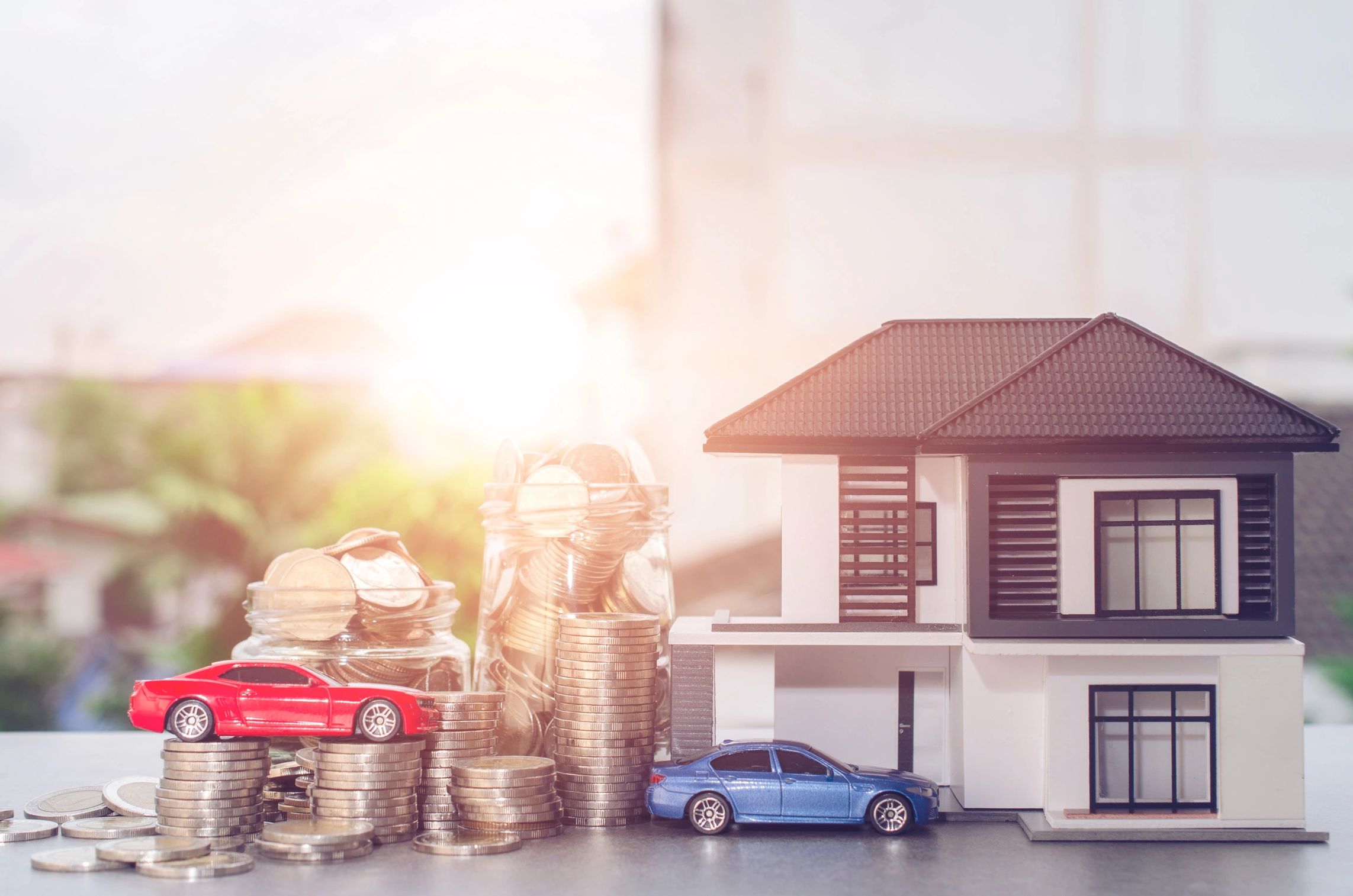
INVEST
"Real estate investing, even on a very small scale, remains a tried and true means of building an individual's cash flow and wealth." -Robert Kiyosaki
Why Invest In Real Estate
Ways To Invest

Fix & Flip
Short & Mid-Term Rentals
Long-Term Rentals
If you aren't afraid of getting dirty a flip might be for you! Remodeling a distressed home is a great way to generate a substantial profit in a short period of time. One drawback however is that it is considered one of the more risky ways to invest in real estate.

Long-Term Rentals
Short & Mid-Term Rentals
Long-Term Rentals
Purchasing a home and renting it out is a great way to build your net worth with an asset and potentially generate passive income. Leases are typically for 12 month periods. If the monthly rent is more than your expenses (mortgage, property management and utilities) you'll automatically be in the green!

Short & Mid-Term Rentals
Short & Mid-Term Rentals
Short & Mid-Term Rentals
Similar to a long-term rental, short and mid-terms follow the same method but with shorter lease terms. These are homes that are often occupied by traveling professionals like executives or travel nurses. They can also be vacation homes (like in a condo in Ocean City!) that is rented privately or on platforms like AirBnB and Vrbo.
How I Help You
As someone who actively invests in real estate, I understand what an investor client is going to encounter leading up to, during and after the transaction. In order to reap the maximum benefits (profits) there are many factors that must be considered that an agent can help guide you through process with as little friction as possible.
Investing Is Life Changing
Generate Passive Income
Create Financial Freedom
Generate Passive Income
Build Your Net Worth
Create Financial Freedom
Generate Passive Income
Create Financial Freedom
Create Financial Freedom
Create Financial Freedom
Ready To Get Started?
The first step to investing is deciding what type of investing you want to do.
Investing Terminology
Cash flow refers to the amount of money that an investor can pocket at the end of each month after payment of all operating expenses, including loan payments. Cash flow can be positive or negative. If you spend less money than you earn, you will have a positive cash flow. If the cash outflows are more than the cash inflows, you will have negative cash flow.
ARV, or after-repair value, is the estimated value of a property after completed renovations, not in its current condition. House flippers commonly use ARV as a way to gauge the worth of a fixer-upper property, including how much it can be bought, and then resold for after repairs.
Equity refers to the difference between the present market value of a property and the amount the owner owes on the property’s mortgage. The value of equity builds up gradually over time as the mortgage balance reduces and the property’s market value appreciates.
Capitalization rate or cap rate is the ratio of the net operating income produced by an investment property to its capital cost or current market value. This is one of a few real estate investing terms that refers to the rate of return expected from an investment property. Beginners should make sure to study each one and understand the major differences between them.
Buy, Rehab, Rent, Refinance, Repeat. The BRRRR method is a strategy where investors buy and rehab a distressed property, rent it out, do a cash-out refinance, and repeat the process by buying another rental property with the profits. By renovating a property, you’ll build immediate equity that you can then use to buy another property, as well as gain a rental unit that you can rely on for passive income for years to come.
Caitlin Breitenbach | Maryland Realtor®
VYBE Realty - 502 Washington Ave Ste 101, Towson, Maryland 21204, United States
Copyright © 2022 Caitlin Breitenbach | Maryland Realtor® - All Rights Reserved.
VYBE REALTY

Welcome!
Join my network today to get exclusive market updates, featured listings, homeowner tips, local events and more!
This website uses cookies.
We use cookies to analyze website traffic and optimize your website experience. By accepting our use of cookies, your data will be aggregated with all other user data.